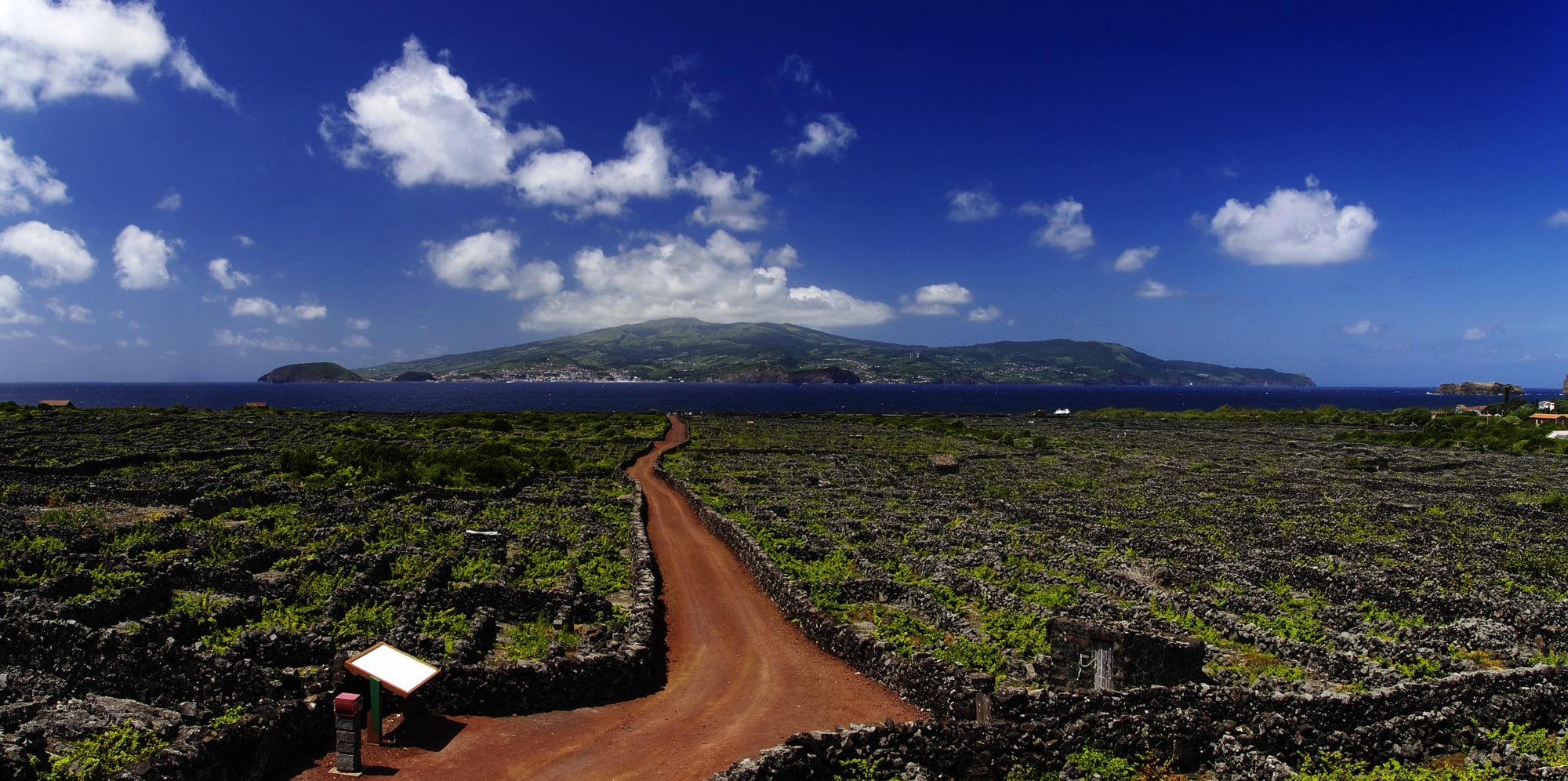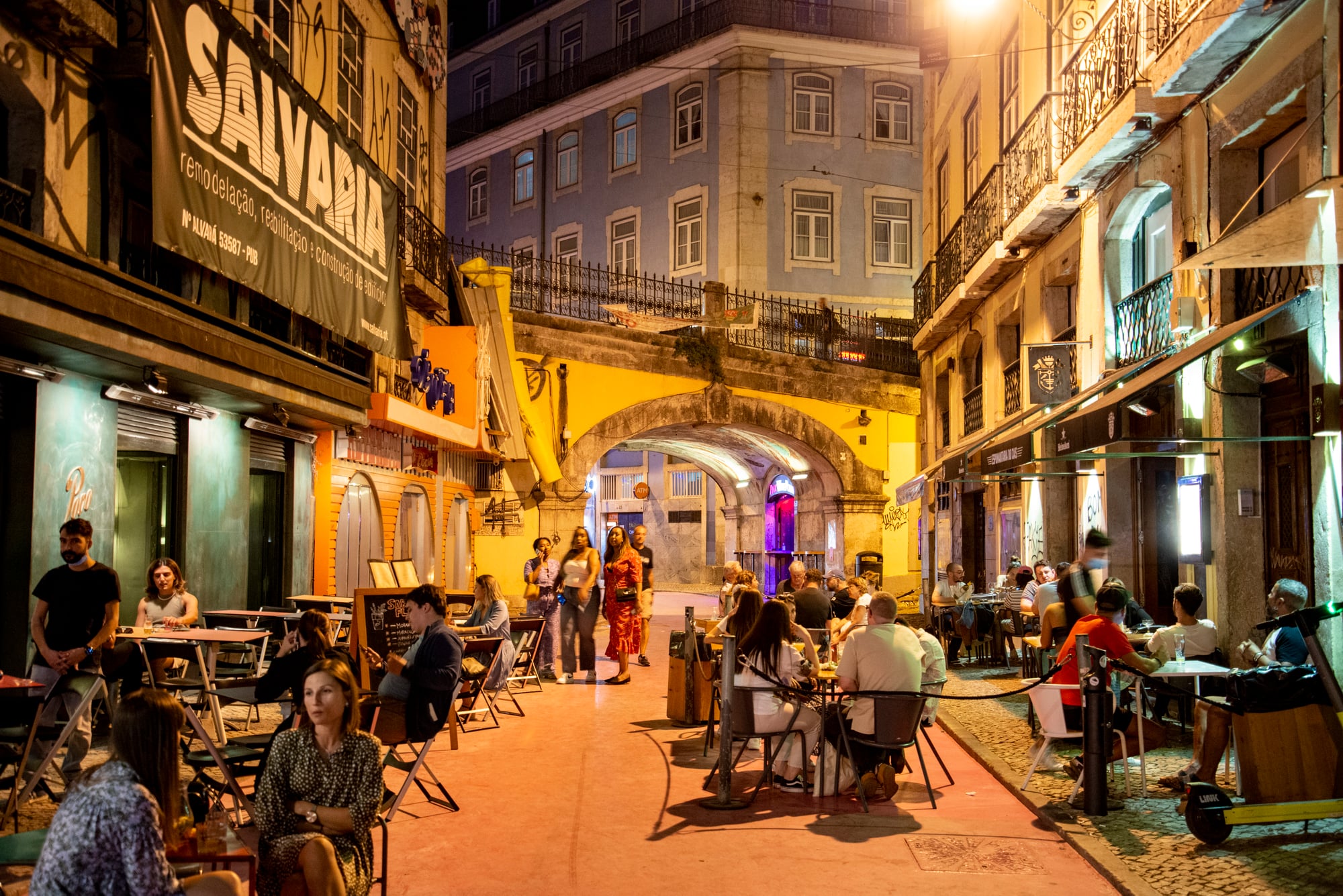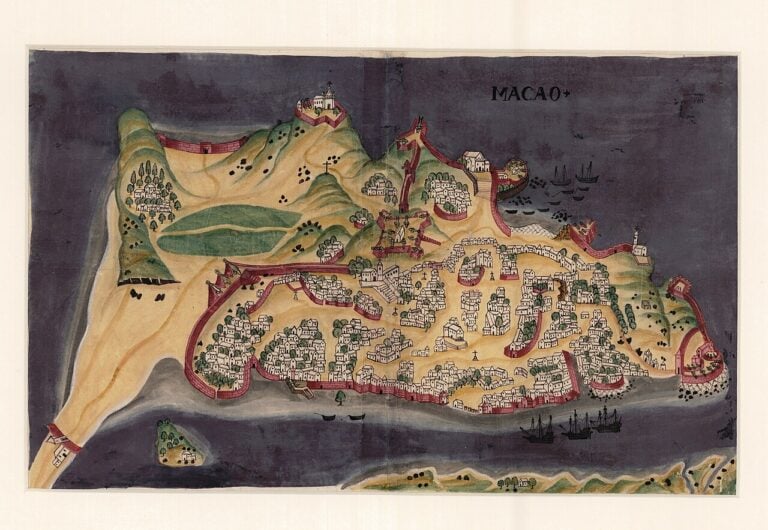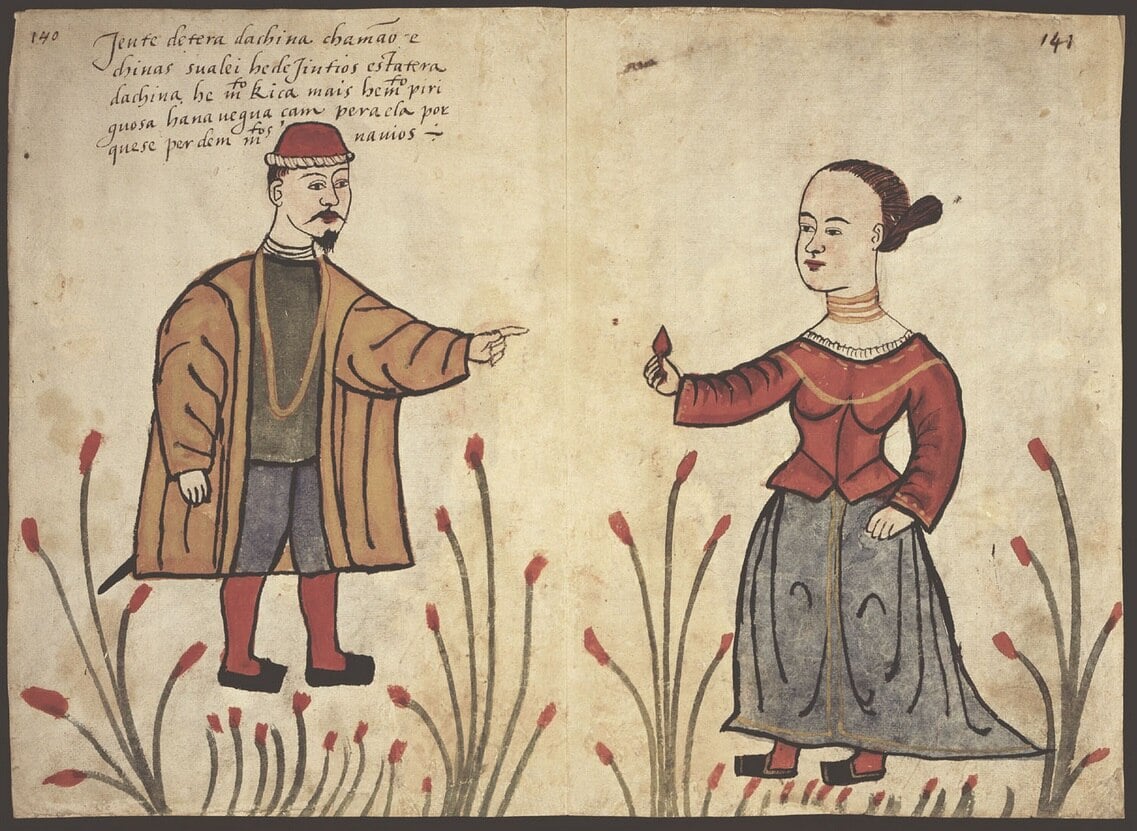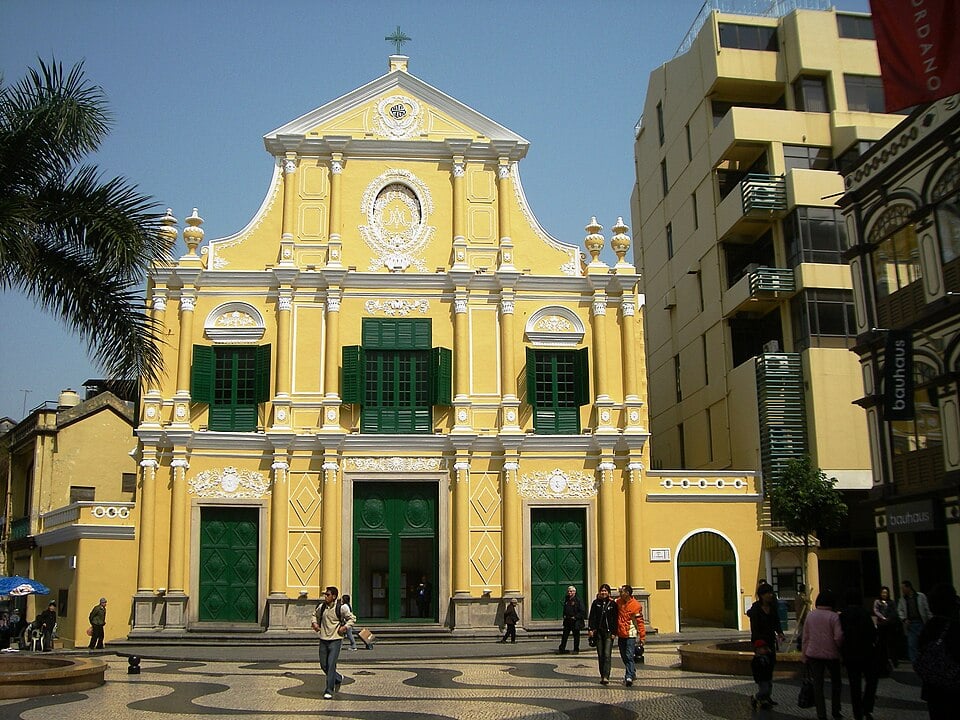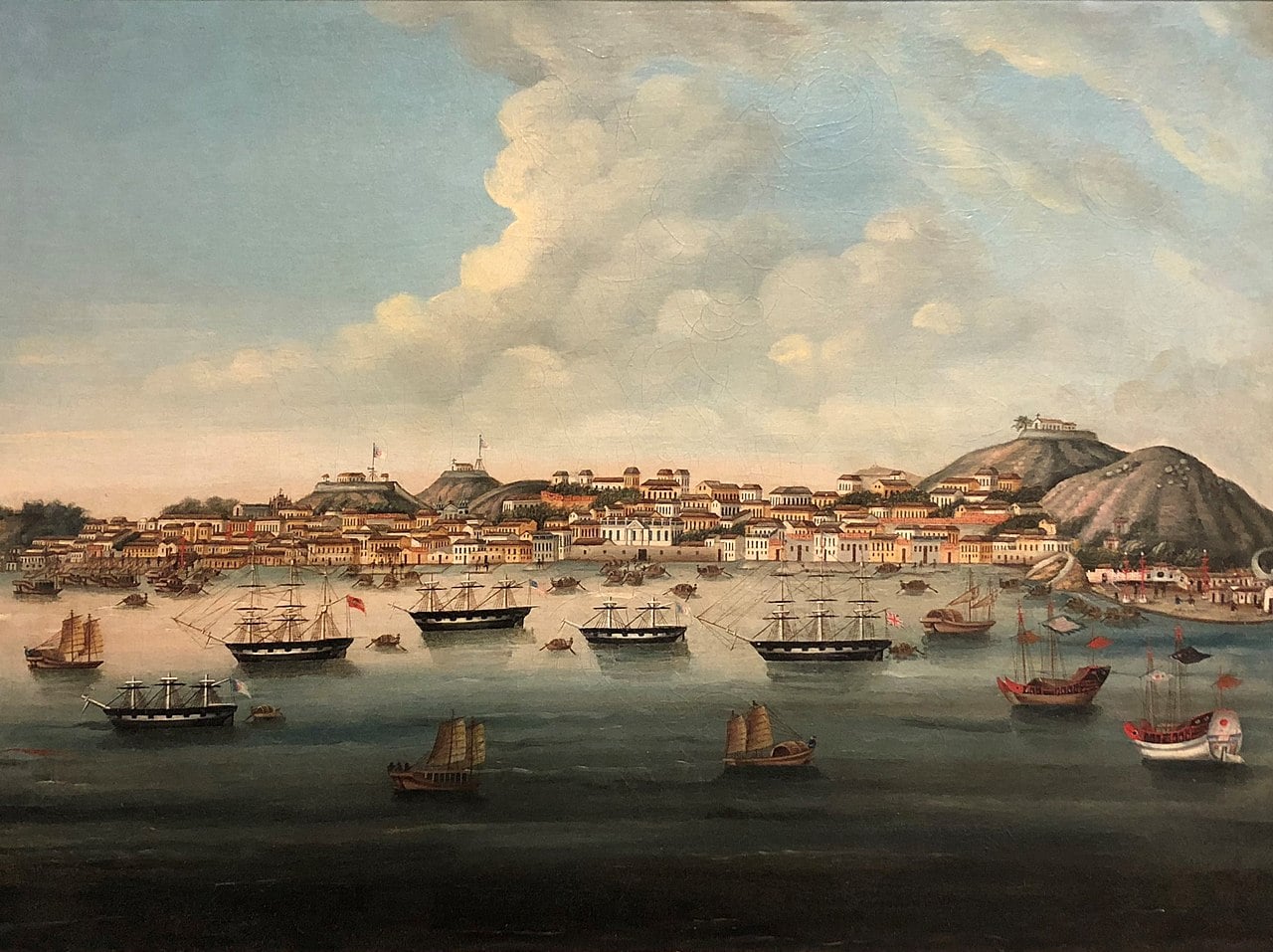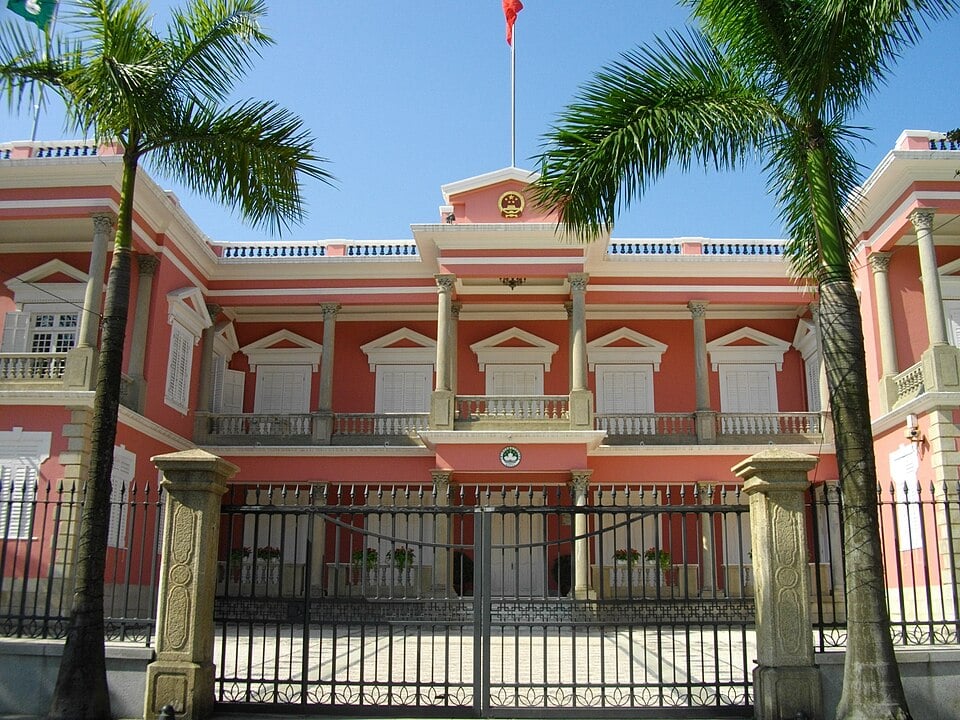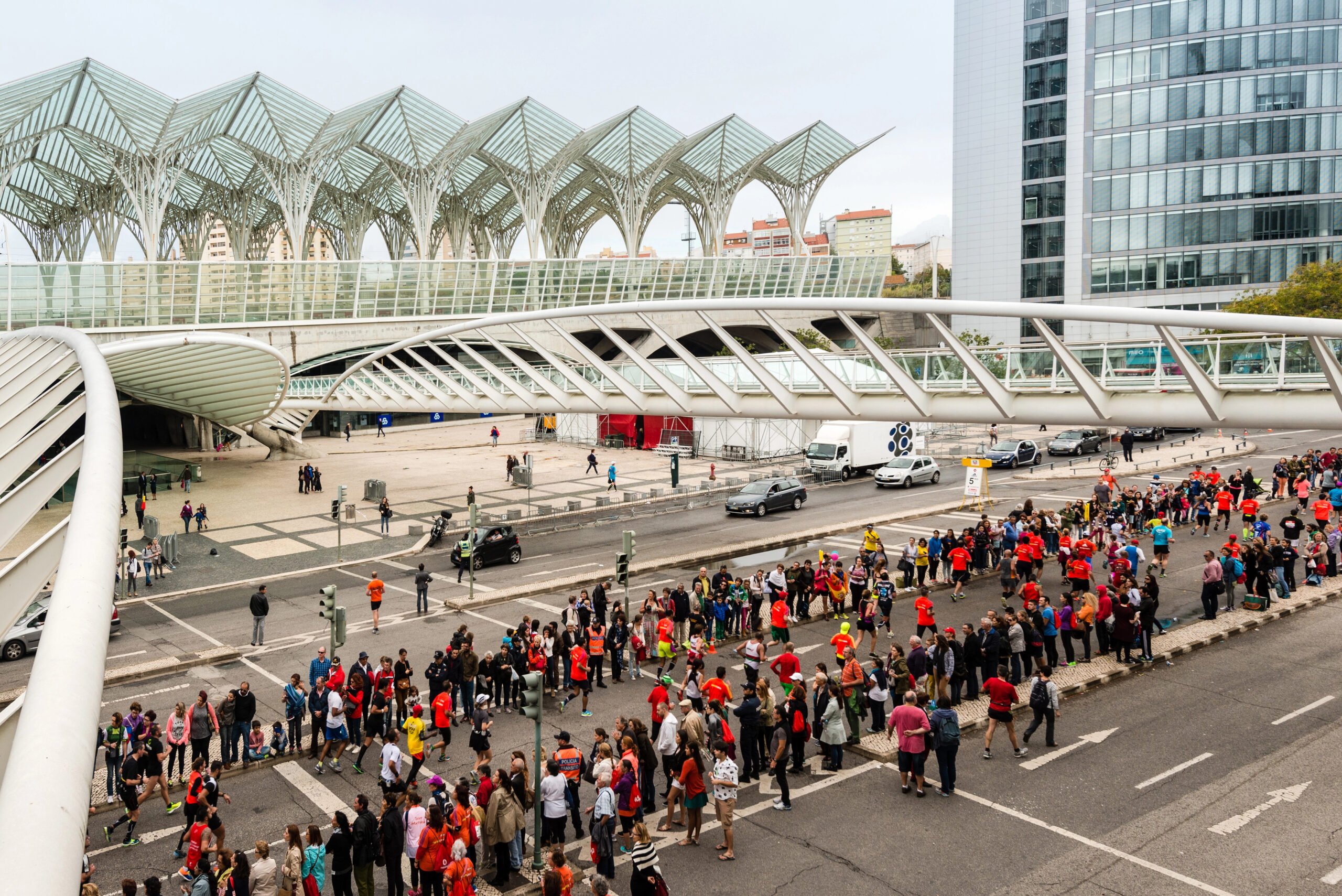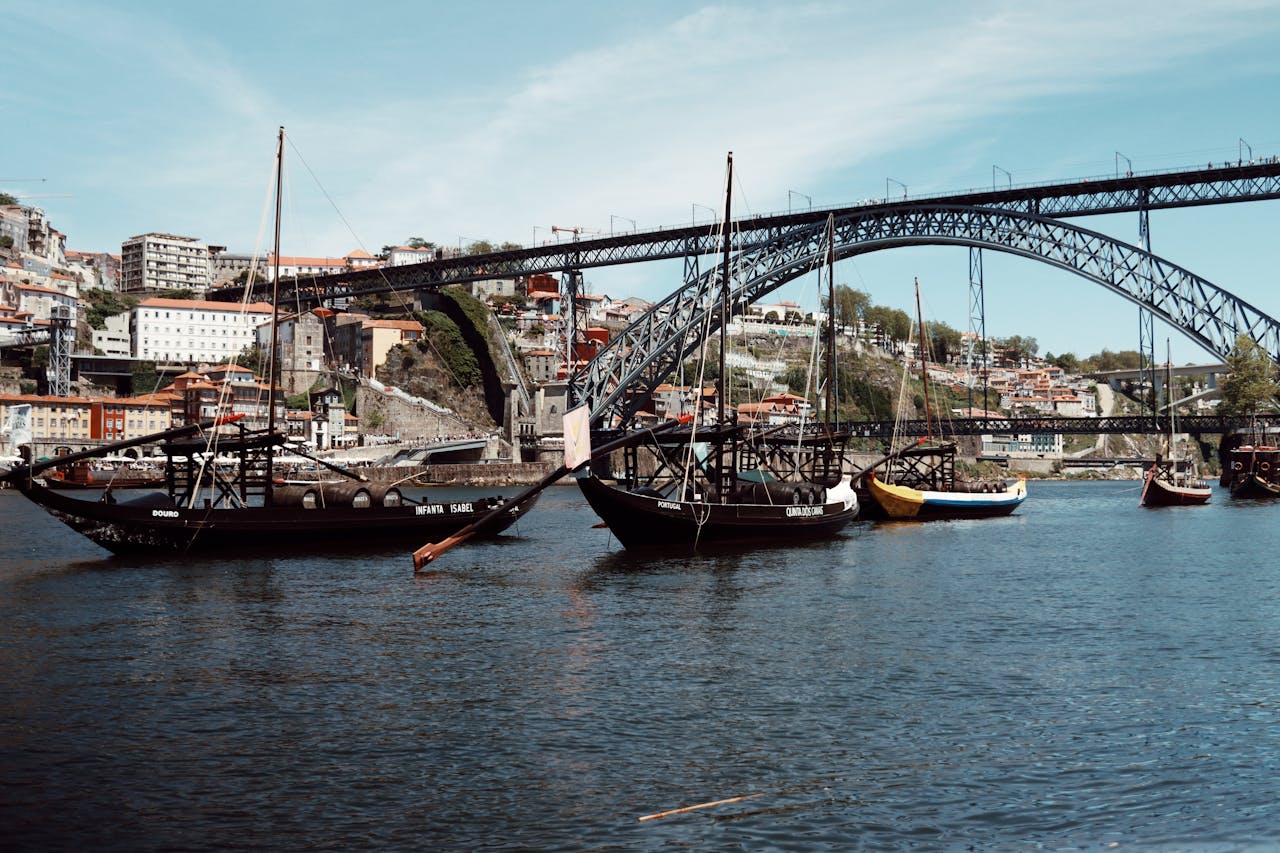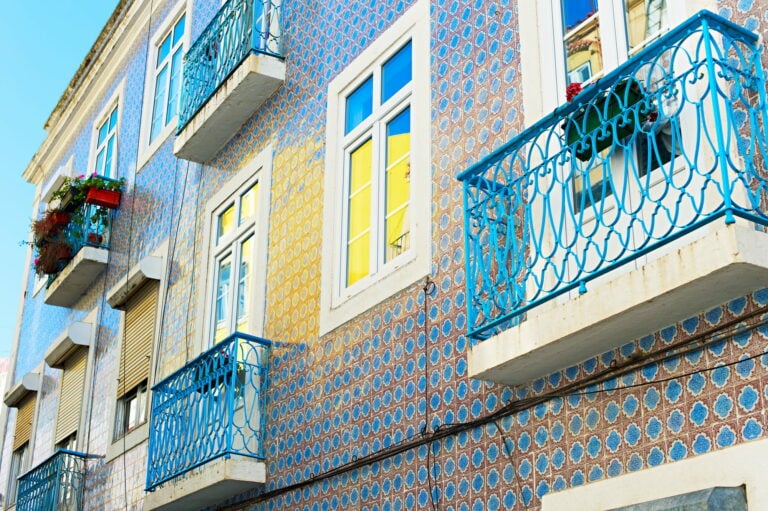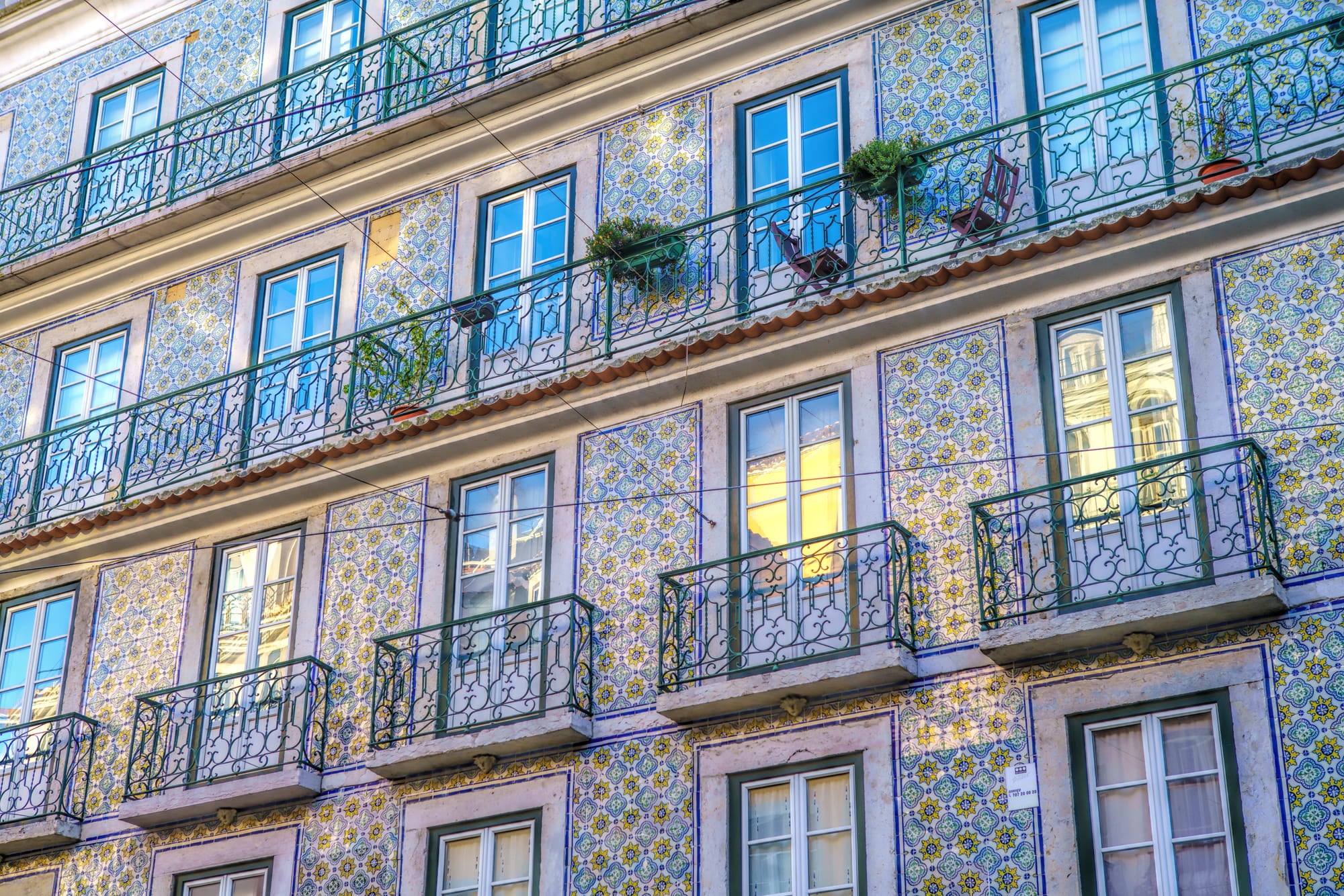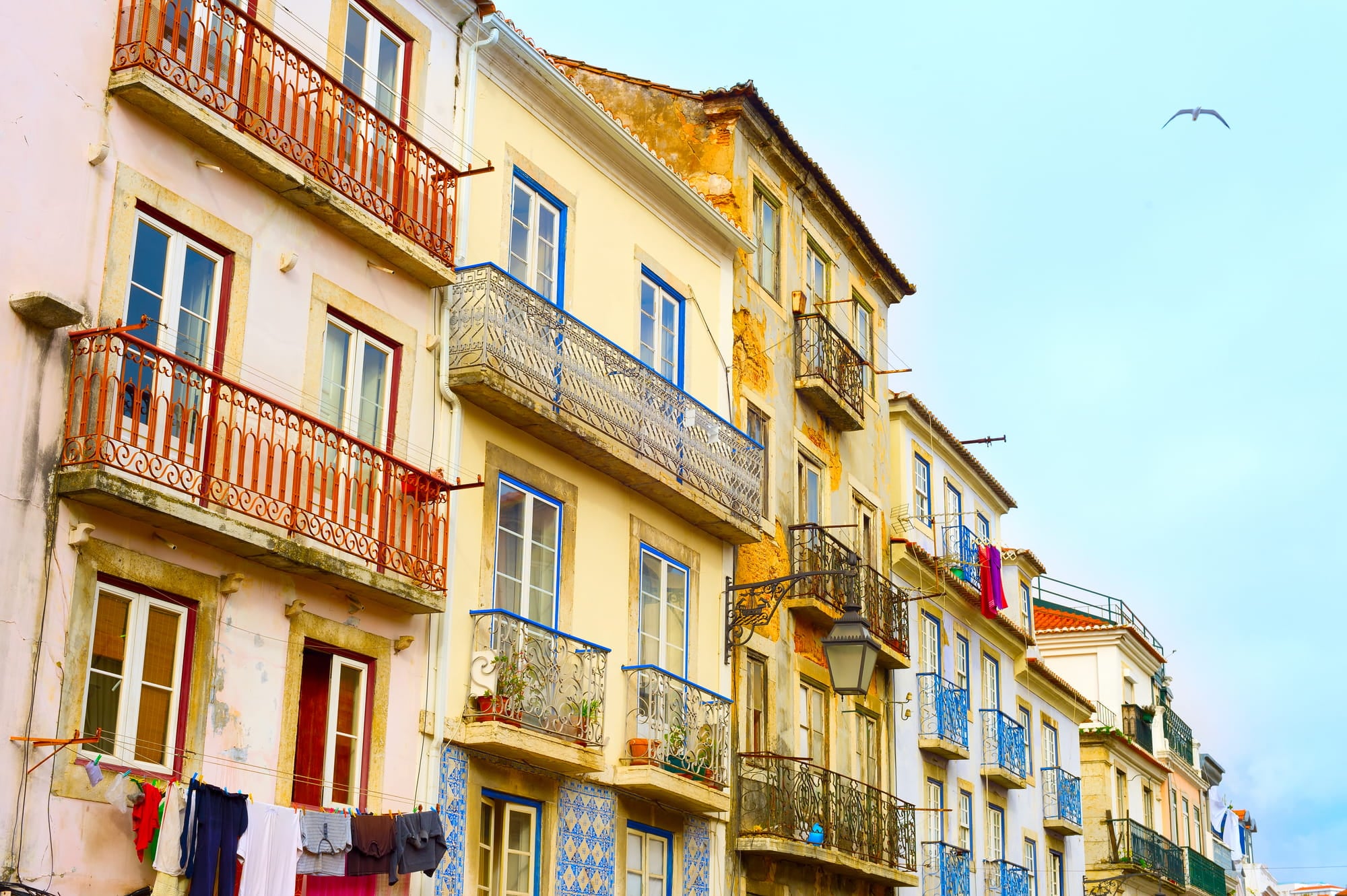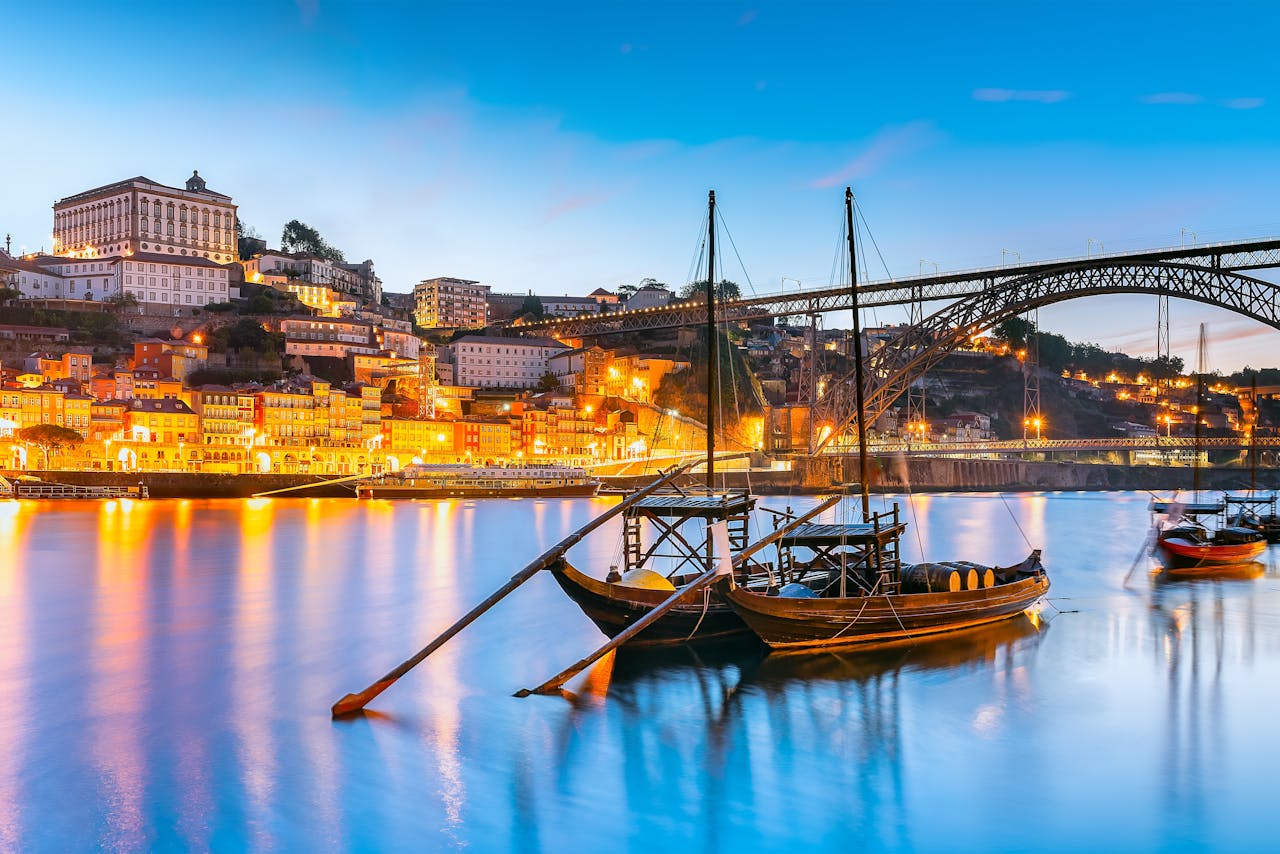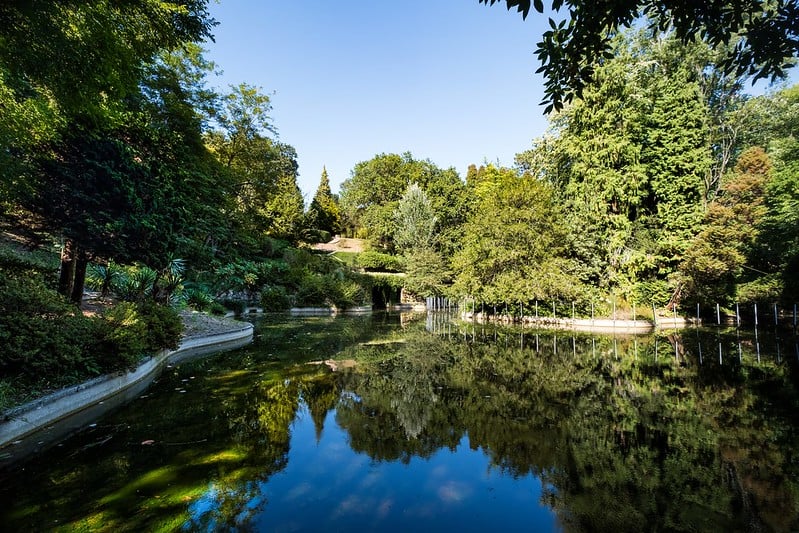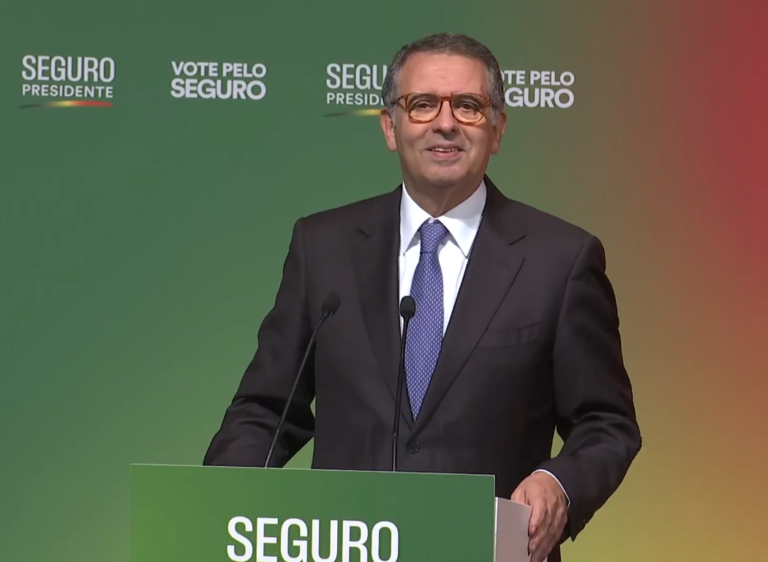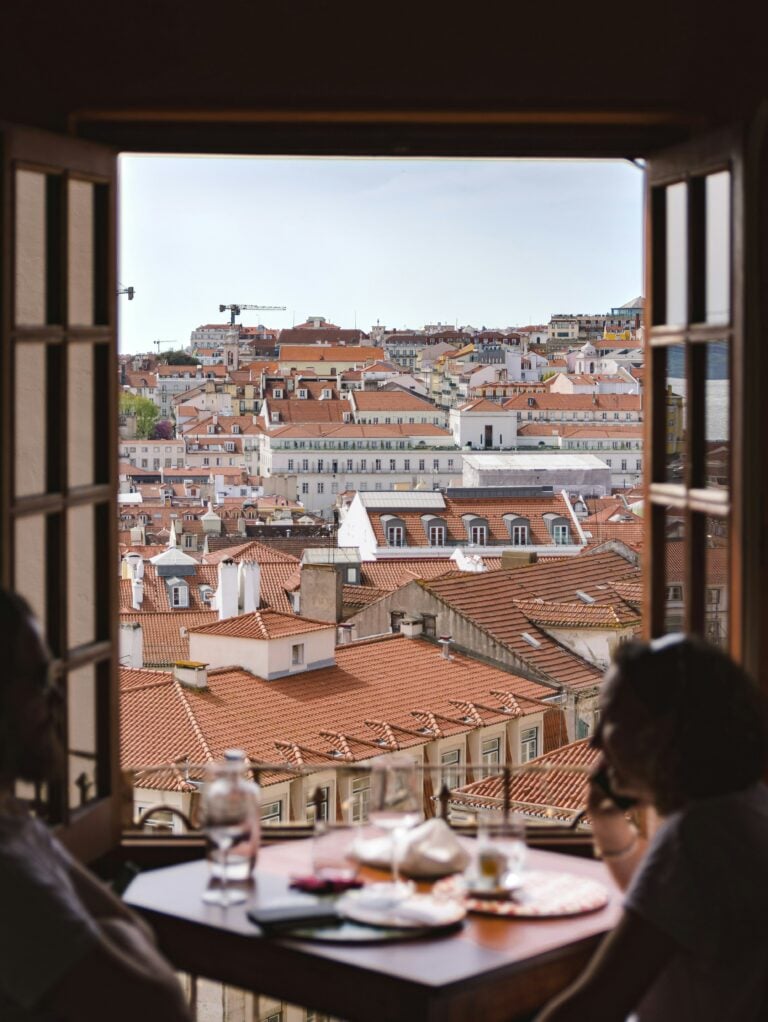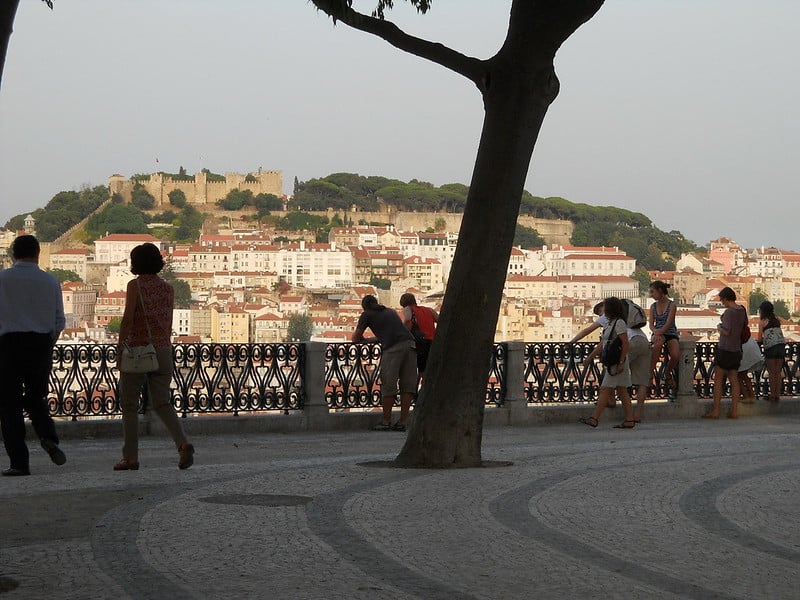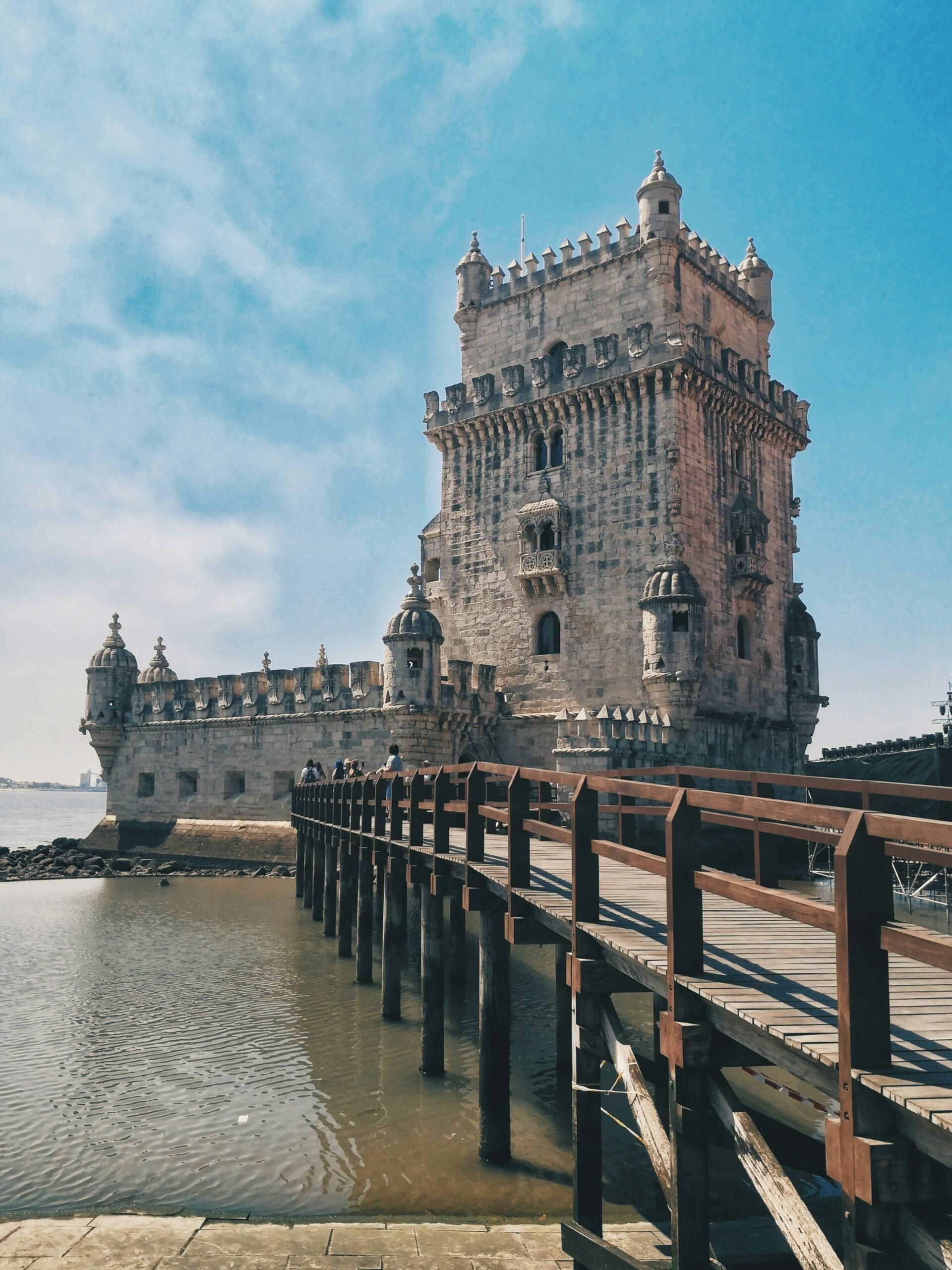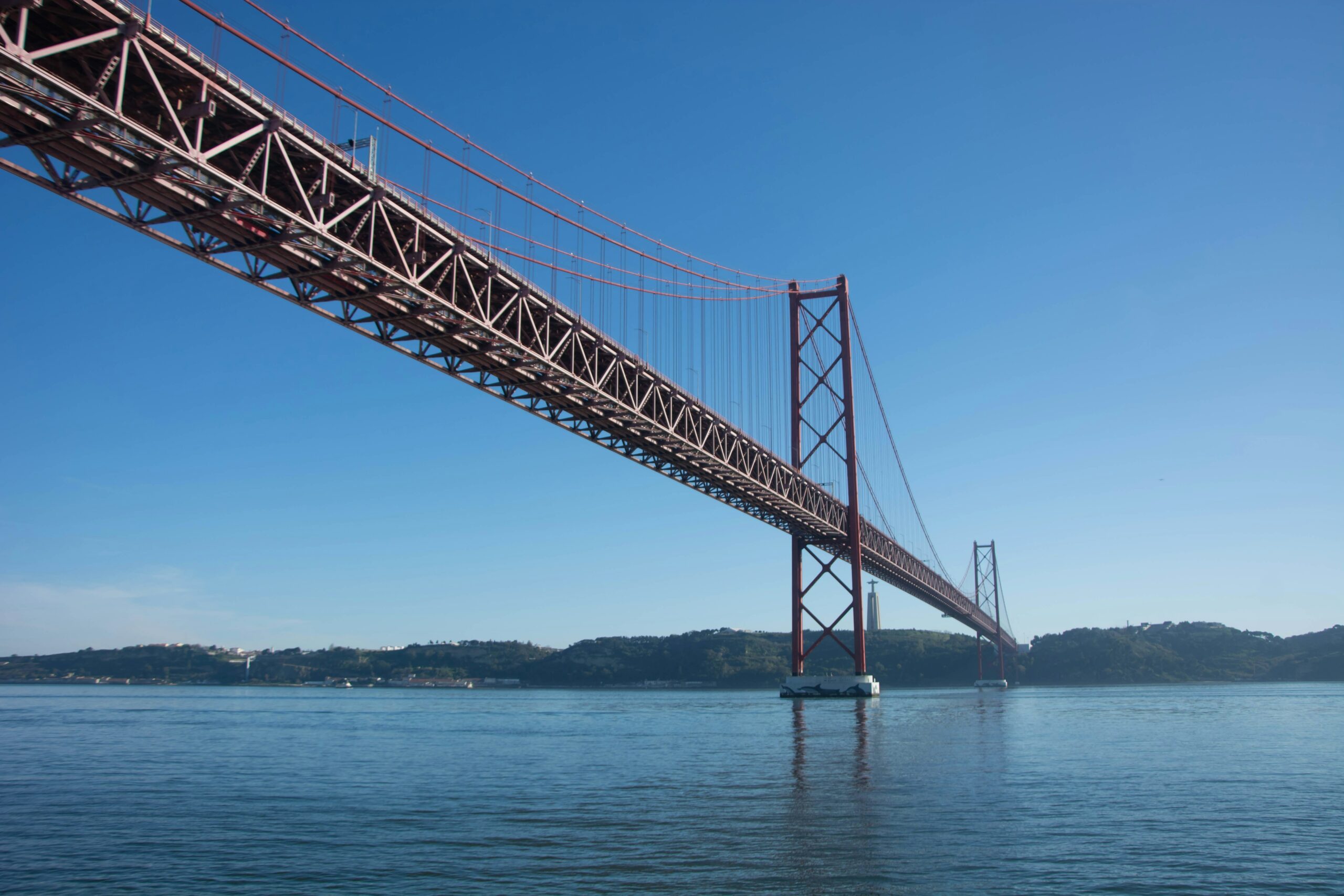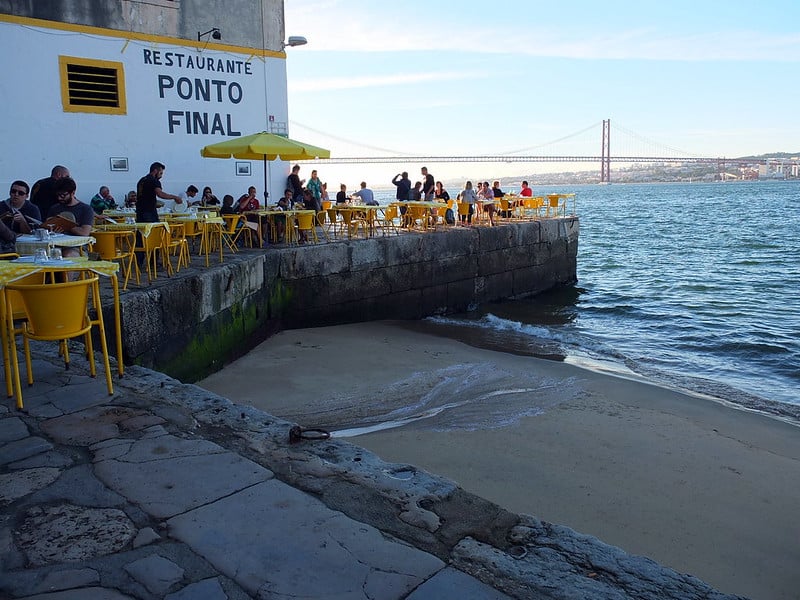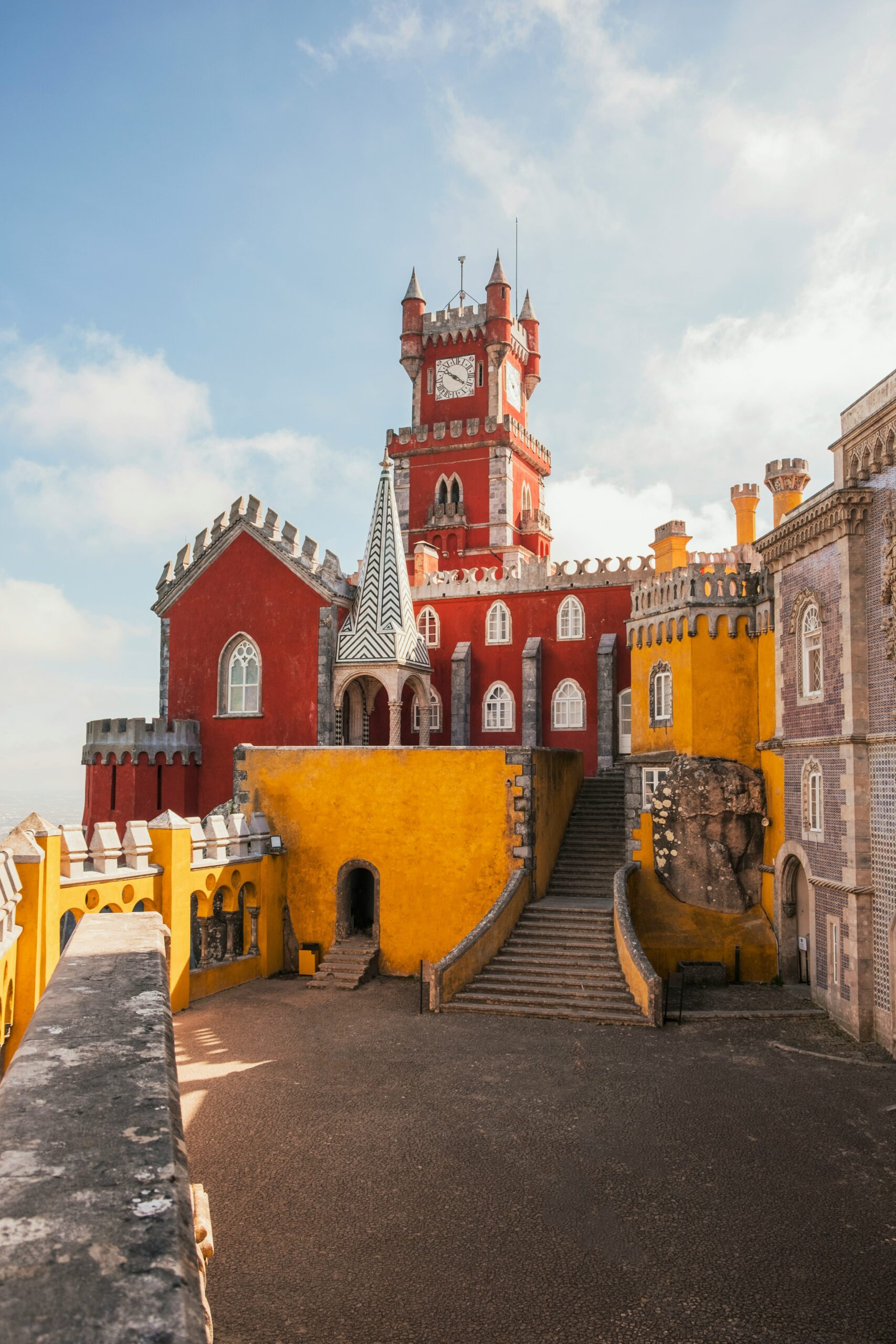If you are planning to bring a pet to Portugal in 2026, now is the time to get familiar with a significant update to European Union travel regulations. Starting April 22, 2026, a new set of rules governing the movement of pets across EU borders will come into effect, which replaces the framework that has been in place since 2013. These changes will affect how you prepare for travel whether you are a resident returning home with your dog or a tourist hoping to bring your cat along for an extended stay.
Why the Rules Are Changing
The updated regulations stem from a Delegated Regulation issued by the European Commission and reflect a broader push to modernize pet travel across the EU. While the core requirements that most pet owners are already familiar with remain intact, the new framework places a much stronger emphasis on health verification, traceability, and border control. The driving concerns behind the update are the prevention of illegal animal trafficking and the protection of both human and animal health, consistent with the EU’s “One Health” approach, which treats human, animal, and environmental health as deeply interconnected.
What Stays the Same
Pet owners will be relieved to know that the foundational requirements for traveling with dogs, cats, and ferrets have not changed. Microchipping remains mandatory, and animals must be up to date on their rabies vaccinations. These have long been standard requirements, and they continue to serve as the baseline for legal pet travel within the EU.
The limit on how many animals a person can transport for non-commercial purposes also remains at five per trip. If someone is traveling with more than five animals, the stricter rules that apply to commercial animal trade will kick in automatically, unless the animals are being transported for a verified sporting event or competition, in which case an exception applies.
Stricter Rules for Pets Entering from Outside the EU
One of the most notable changes involves pets traveling to Portugal from countries outside the European Union. Under the new rules, the health certificate issued by an authorized veterinarian carries considerably more weight than before. The certificate must now confirm not only that the animal’s rabies vaccination is current, but also that the animal has come from a location where no rabies cases have been reported in the 30 days before travel. This requirement is designed to reduce the risk of introducing rabies and other zoonotic diseases into the EU, and travelers arriving from third countries should plan ahead to ensure their documentation meets this updated standard.
New Requirements for Pet Birds
Travelers bringing pet birds to Portugal will face some of the most significant changes under the new framework. In response to the growing threat of avian influenza, the regulations for bird transport have been substantially tightened. Each pet bird must now be individually identified using a unique alphanumeric code. Depending on the circumstances of travel and the bird’s origin, some animals may also be required to undergo a period of isolation or laboratory testing before they are permitted to enter European territory including Portugal. Bird owners are strongly advised to consult with a veterinarian well in advance of any planned travel to understand exactly what will be required in their specific situation.
A Shift Toward Digital Tracking
One of the more forward-looking aspects of the new regulations is their emphasis on digital technology and traceability. While digital pre-registration is not yet mandatory for all routine travel within the EU, the regulation signals a clear direction toward building a European-wide traceability system for pet travel. This system, once fully implemented, may require pet owners to register their travel plans up to five days before arriving in Portugal.
The intent behind this shift is straightforward: a digital trail makes it far more difficult to traffic animals illegally across borders and provides authorities with the tools they need to track animal movements more effectively. For pet owners, this could eventually mean a more streamlined and transparent process, even if it requires some additional preparation time upfront.
What to Expect in Portugal
Portugal’s national authorities are expected to issue detailed guidance for both residents and tourists ahead of the April 2026 deadline. These guidelines will spell out how the new EU rules are being integrated into customs procedures at Portuguese ports of entry, and they should provide practical, step-by-step instructions for travelers navigating the updated system.
In the meantime, anyone planning to travel to Portugal with a pet should start by confirming that their animal is microchipped and that vaccinations are current. Those coming from outside the EU should contact their veterinarian as soon as possible to begin gathering the required documentation and pay close attention to the new rabies-free origin requirement. Bird owners will need to prepare the most given the new identification and potential quarantine requirements.
Planning Ahead Is Key
The April 22, 2026 deadline may feel like a long way off, but given the documentation requirements and the possibility of pre-registration windows, time has a way of passing quickly. The best approach for any traveler bringing an animal to Portugal is to start preparing early, stay tuned for the national guidelines that Portuguese authorities are expected to release, and work closely with a licensed veterinarian familiar with EU pet travel requirements. With the right preparation, the new rules will be generally easy to navigate, and they represent a meaningful step toward safer, more transparent animal travel across Europe.




